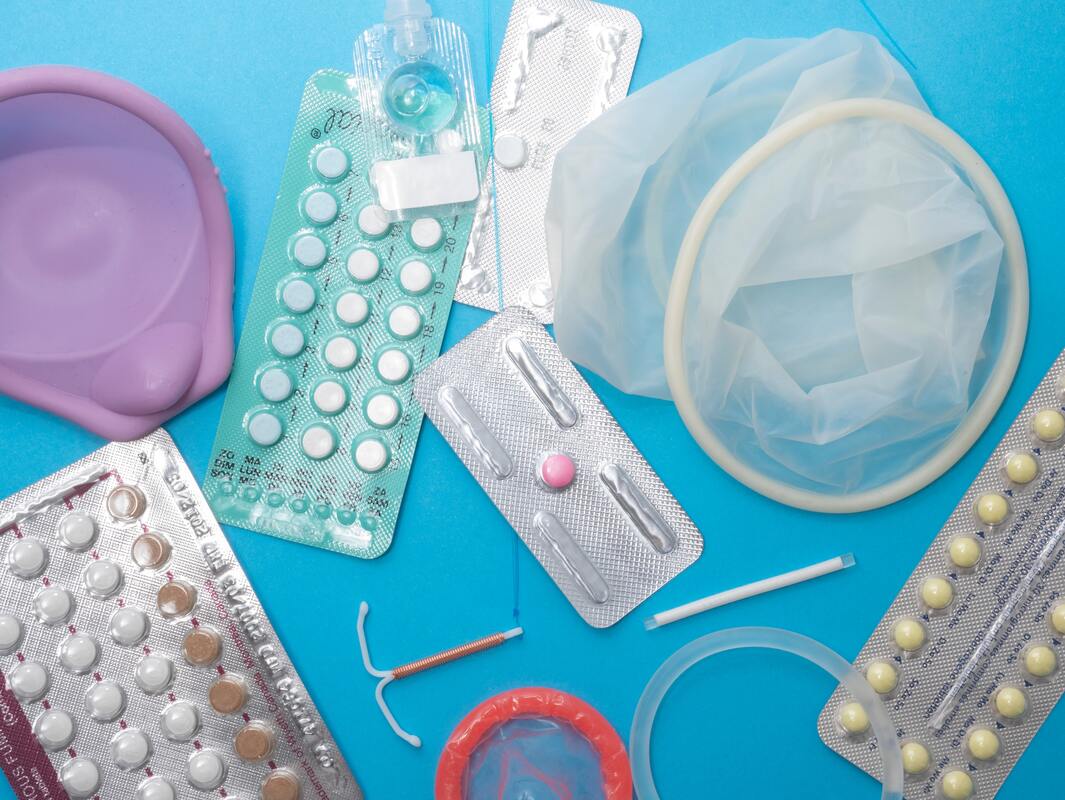|
Feature by Nikita Fernandes Via Unsplash On June 24, 2022, the Supreme Court overruled Roe v. Wade and took away the constitutional right to abortion. People in America woke up to a post-Roe world where access to abortion dramatically changed the lives of millions of Americans. Protests started over the country as people loudly defended the right to have autonomy over their own bodies and personal choices. There has been much discussion over what this ruling means for a polarized country that seems to get more divided as time passes. Although there has been much deliberation and dialogue about what this means for people, a majority of it has revolved around a person’s right to choose for themselves. Overturning Roe v. Wade, at its surface, is driven by the Evangelical Christian value that abortion and contraception are seen as unnatural and sinful. However, the silent message and value that is not being spoken about and has not received much attention - sexual liberation of marginalized communities have been shunned for decades and policed by conservative religious ideology; overturning Roe. v Wade is another method of shaming and controlling sex. When it comes to abortion, we talk about bodily autonomy and the right to choose what’s best for our own bodies. Although, we must recognize that it is also about life autonomy. When people are forced to have children, they are forced to adapt to a lifestyle that is financially expensive and emotionally challenging. Their life changes forever. Through the lens of religious ideology, forcing people to carry pregnancies that they do not want seems like a punishment for sex, a wagging finger, “see… now you’ll pay for it…”. People are unable to safely enjoy sex for pleasure and they are now being forced to see sex through the lens of procreation only, and perhaps even fear sex. People's sexuality and sexual freedom are being policed. Similarly, banning birth control, contraception devices, and Plan B, are just more ways that a large majority of the American culture controls, shuns, and punishes sex. We see this in the withholding of information regarding safe sexual practices as comprehensive sex education is not acknowledged in society. The sex education sphere as well as the abortion debates are also very binary in how they are presented. Abortion rights are not just a woman’s issue - it is a human issue. Much of the protest signs during marches speak about abortion as just a woman’s issue, which can be isolating for many queer communities that also feel a connection to the cause. In not acknowledging queer dialogue and representation, we are further policing their sexual liberation and autonomy. I invite you to start thinking about the populations that have the most challenges with this - communities of color. Much research has shown the people of color are disproportionately being affected by the abortion bans. We need to look through an intersectional lens - where people’s identities meet, to see how marginalized identities will not have enough resources to access safe medical care. This country seems to be forcing people to carry pregnancies to term without providing people with the infrastructure and finances to raise human beings. In a post-Roe world, we cannot lose sight of the fact that this topic is so much bigger than forced birth or body autonomy. However, thankfully there continue to be communities that fight for human respect, human rights, and sexual liberation. There is hope, even in the darkness. It must be noted that the author is not advocating for unsafe and unprotected sex. AuthorNikita Fernandes is a pre-professional licensed mental health therapist in New York City. You can contact Nikita at nikita@mwr.nyc and read more blog posts at www.mwr.nyc.
0 Comments
Leave a Reply. |
Authors
Archives
February 2023
Categories
All
|

 RSS Feed
RSS Feed